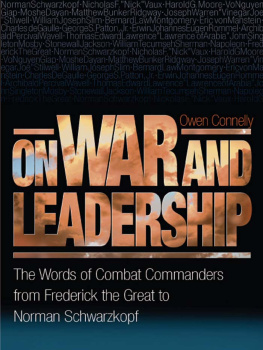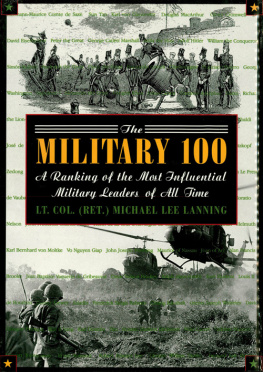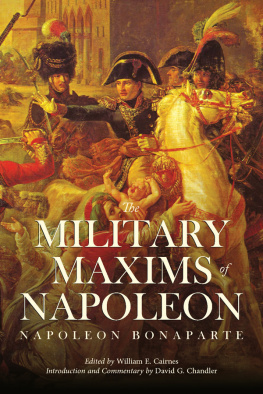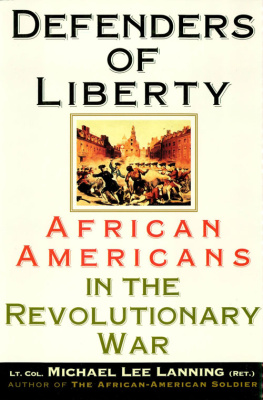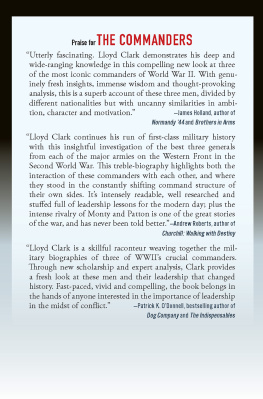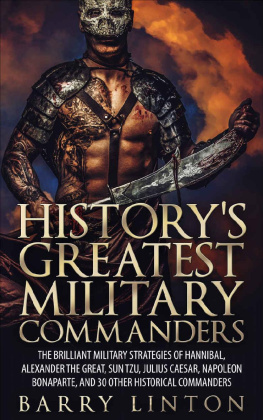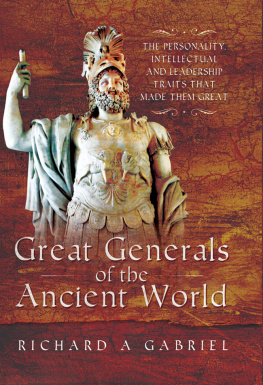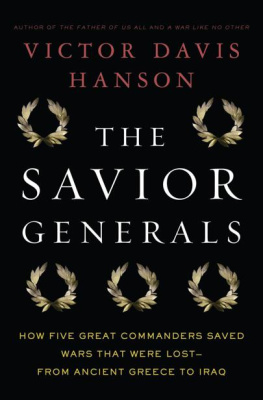Owen Connelly - On War and Leadership: The Words of Combat Commanders from Frederick the Great to Norman Schwarzkopf
Here you can read online Owen Connelly - On War and Leadership: The Words of Combat Commanders from Frederick the Great to Norman Schwarzkopf full text of the book (entire story) in english for free. Download pdf and epub, get meaning, cover and reviews about this ebook. year: 2009, publisher: Princeton University Press, genre: History. Description of the work, (preface) as well as reviews are available. Best literature library LitArk.com created for fans of good reading and offers a wide selection of genres:
Romance novel
Science fiction
Adventure
Detective
Science
History
Home and family
Prose
Art
Politics
Computer
Non-fiction
Religion
Business
Children
Humor
Choose a favorite category and find really read worthwhile books. Enjoy immersion in the world of imagination, feel the emotions of the characters or learn something new for yourself, make an fascinating discovery.
- Book:On War and Leadership: The Words of Combat Commanders from Frederick the Great to Norman Schwarzkopf
- Author:
- Publisher:Princeton University Press
- Genre:
- Year:2009
- Rating:3 / 5
- Favourites:Add to favourites
- Your mark:
On War and Leadership: The Words of Combat Commanders from Frederick the Great to Norman Schwarzkopf: summary, description and annotation
We offer to read an annotation, description, summary or preface (depends on what the author of the book "On War and Leadership: The Words of Combat Commanders from Frederick the Great to Norman Schwarzkopf" wrote himself). If you haven't found the necessary information about the book — write in the comments, we will try to find it.
What can we learn about leadership and the experience of war from the best combat leaders the world has ever known? This book takes us behind the scenes and to the front lines of the major wars of the past 250 years through the words of twenty combat commanders. What they have to say--which is remarkably similar across generational, national, and ideological divides--is a fascinating take on military history by those who lived it. It is also worthwhile reading for anyone, from any walk of life, who makes executive decisions.
The leaders showcased here range from Frederick the Great to Norman Schwarzkopf. They include such diverse figures as Napoleon Bonaparte, commanders on both sides of the Civil War (William Tecumseh Sherman and Stonewall Jackson), German and American World War II generals (Rommel and Patton), a veteran of the Arab-Israeli wars (Moshe Dayan), and leaders from both sides of the Vietnam War (Vo Nguyen Giap and Harold Moore). What they have had in common is an unrivaled understanding of the art of command and a willingness to lead from the front. All earned the respect and loyalty of those they led--and moved them to risk death.
The practices of these commanders apply to any leadership situation, whether military, business, political, athletic, or other. Their words reveal techniques for anticipating the competition, leading through example, taking care of the troops, staying informed, turning bad luck to advantage, improvising, and making bold decisions.
Leader after leader emphasizes the importance of up-front muddy boots leadership and reveals what it takes to persevere and win. Identifying a pattern of proven leadership, this book will benefit anyone who aspires to lead a country, a squadron, a company, or a basketball team. It is a unique distillation of two and a half centuries of military wisdom.
Owen Connelly: author's other books
Who wrote On War and Leadership: The Words of Combat Commanders from Frederick the Great to Norman Schwarzkopf? Find out the surname, the name of the author of the book and a list of all author's works by series.

